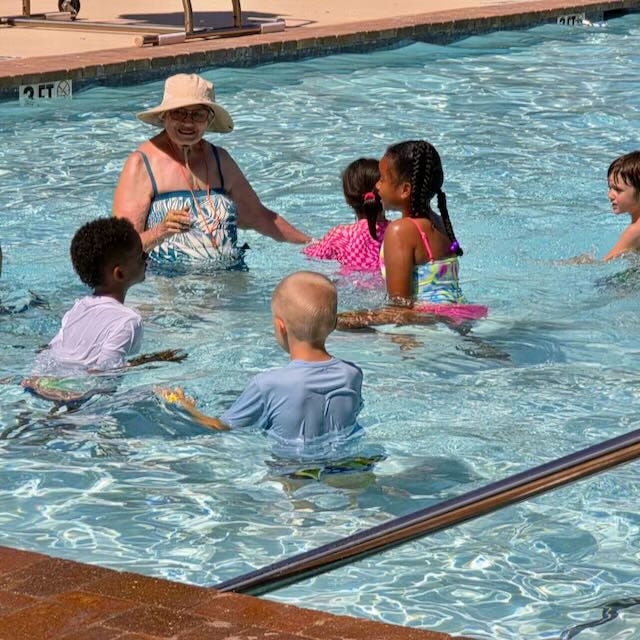Paying It Forward: Are Your Friends, Volunteers, Deep Water Certified? #125
Who will be there for you when you need them? A savior can become a victim, too, with inadequate training. Will you drown or be saved in your time of need?
Jack Browne, Wichita Falls Times Record News edition, Sunday July 27, 2025
My first job as a lifeguard and swimming instructor required certification in water safety instruction at my community college where their pool was about 15 feet deep.

We were certified for deep water with skills to dive to the bottom, recover an unconscious person and then carry them to the surface.
Once surfaced, you would sidestroke to the side of the pool with the victim in a cross-carry chest hold.
Occasionally, the drowning person panics, putting you in a contest of strength where the victim tries to climb up your body to get above the water.
A savior can become a victim, too, with inadequate training.
These lessons apply to character and relationships in life as well.
Discussions with friends raise issues of how committed others are to service with non-profits, or even the basics of relationships.
An increasing number of people today look at community service or relationships as “transactional” engagements, basing the “give” on the anticipated “get.”
I’m from the group who views community service and relationships as investments to be nurtured over time, ensuring the future is strong and secure.
Numerous businesses relate the challenges in hiring new employees.
Once the applicant accepts employment, many walk away before showing up not ready to embrace the job.
Half may quit during the onboarding — even without completing training or contributing any value to the business.
Non-profit organizations need engaged volunteers. Like recruiting new employees, many are not prepared to do the hard work inherent and necessary in many roles.
Popular social media metrics have us compete by the number of friends and connections we have. Friends in this context are much more superficial than my definition of a friend as someone with whom you share a close, trusted and mutually supportive relationship.
Acquaintances — someone known casually — can become friends as the two of you spend time together. Perhaps 50 hours spent together can change the relationship to friend, with a doubling to 100 hours of shared experiences strengthening the relationship.
And by the time you and your friend have accumulated 200 hours, perhaps the relationship becomes that of best friends.
These are ones who know you well enough to offer advice that more closely matches what you need to hear, and what you can understand you should undertake, even if it’s difficult to put into action.
Who will be there for you when you need them? Is your circle of friends deep water certified? Will you drown or be saved in your time of need?
Jack Browne is a community activist and former technology engineer, sales and marketing executive at Motorola and other top tech companies.

